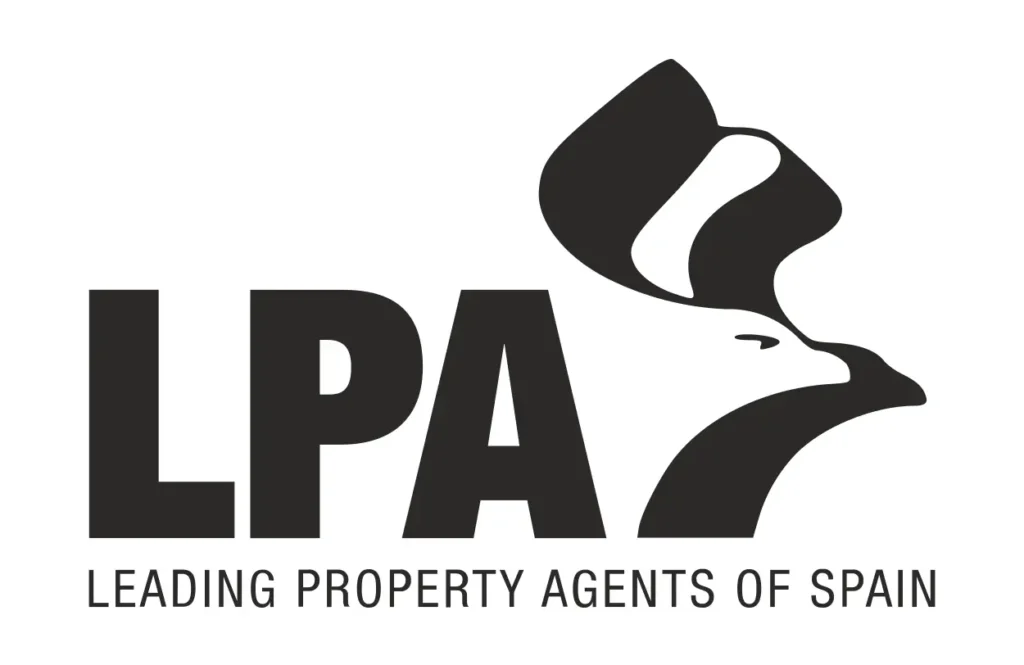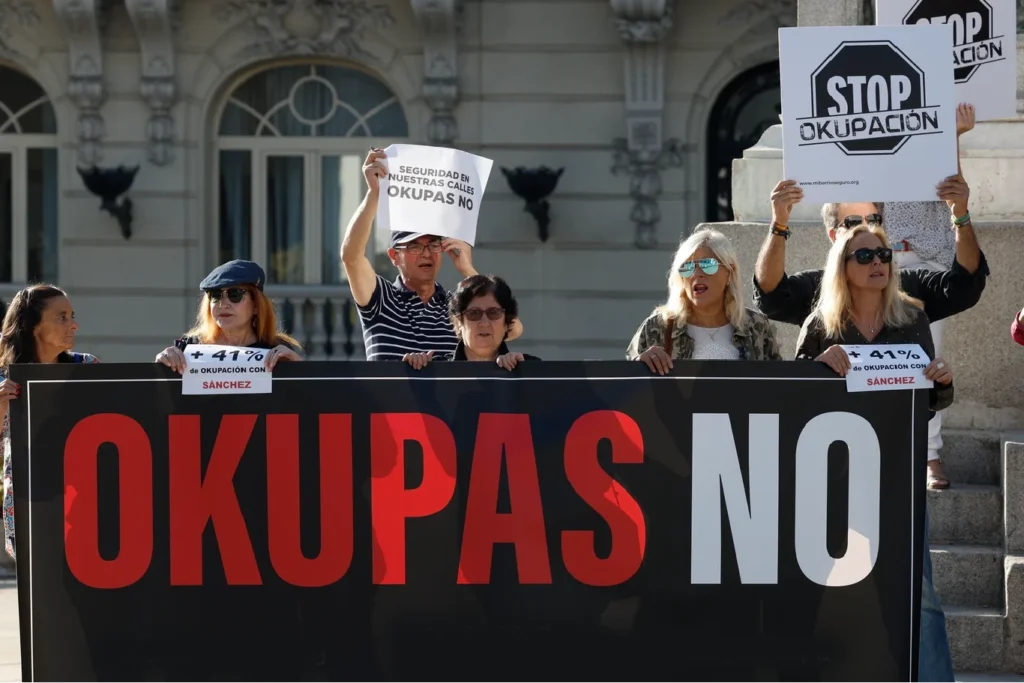¿Qué es la Ley Anti-Okupa 2025?
La Ley Anti-Okupa de España 2025 es una reforma histórica diseñada para combatir la ocupación ilegal de propiedades. Introduce desahucios rápidos (fast-track), amplía la autoridad policial y ofrece una mayor protección legal a los propietarios afectados por la "okupación", un problema creciente en el mercado inmobiliario español.
Antecedentes y Necesidad de la Reforma
Los propietarios llevan mucho tiempo luchando contra los obstáculos burocráticos a la hora de desalojar a los "okupas", especialmente debido a los retrasos procesales y a los vacíos legales explotados por grupos organizados. La indignación pública y los repetidos casos de gran repercusión catalizaron la necesidad de una acción legislativa decisiva.
Objetivos Principales de la Nueva Ley
La ley tiene como objetivos:
-
Facilitar el desalojo exprés
-
Empoderar a las fuerzas policiales
-
Castigar a los reincidentes y a las mafias
-
Simplificar los pasos legales para la recuperación de la propiedad
-
Proteger a las familias, a los ancianos y a los pequeños propietarios
Comparación con la Legislación Anterior
Qué ha cambiado desde la Ley de 2018
La reforma de 2018 introdujo cierta aceleración, pero aún dejaba lagunas. La ley de 2025 acorta significativamente los plazos y reduce las complejidades legales.
Diferencias clave con el Código Penal de 2024
Anteriormente, la policía necesitaba aprobación judicial incluso en casos claros. La nueva ley permite la intervención directa de las fuerzas del orden y trata la ocupación organizada como un delito penal grave.
Medidas Más Relevantes de la Nueva Ley
Desalojo Exprés en 24–48 Horas
Una vez demostrada la titularidad de la propiedad, las órdenes de desalojo pueden ejecutarse en 1 o 2 días, una reducción drástica respecto a los retrasos anteriores.
Empoderamiento de la Policía y la Guardia Civil
La Policía y la Guardia Civil están ahora legalmente facultadas para actuar de inmediato en casos verificados, reduciendo la dependencia de la burocracia judicial.
Penas más duras para Mafias y Reincidentes
Los grupos criminales se enfrentan a mayores penas de cárcel y multas, mientras que los reincidentes están sujetos a un tratamiento judicial más estricto.
¿Cómo se Acelera el Proceso Judicial?
Nuevos Poderes Otorgados a los Jueces
Los jueces ahora pueden autorizar órdenes de desalojo basándose en escrituras verificadas e informes policiales, saltándose vistas judiciales innecesarias.
Eliminación de Requisitos Burocráticos
Los propietarios ya no necesitan mostrar facturas de servicios públicos o contratos de alquiler; una escritura registrada es suficiente.
¿A quién protege esta Ley?
-
Propietarios particulares con primera o segunda residencia.
-
Pequeños inversores que dependen de los ingresos por alquiler.
-
Ciudadanos mayores que a menudo son víctimas de ocupaciones de larga duración.
Impacto en el Mercado Inmobiliario
Mayor Confianza para los Arrendadores
Los desalojos más rápidos dan a los propietarios la confianza para volver a alquilar sus inmuebles.
Impulso a la Inversión
La ley envía un mensaje claro de que España defiende los derechos de propiedad, un punto a favor para los inversores nacionales y extranjeros.
Críticas y Controversias
ONGs y Preocupaciones por los Derechos Humanos
Los grupos sociales advierten que la ley podría criminalizar a familias vulnerables sin alternativas habitacionales, instando a reformas de vivienda paralelas.
Impacto en Poblaciones Vulnerables
Aunque los servicios sociales pueden ayudar, los críticos exigen más apoyo a la vivienda para evitar daños no intencionados.
Casos Reales que Desencadenaron la Reforma
-
Propietarios incapaces de recuperar sus hogares durante años.
-
Mafias que alquilan viviendas ocupadas ilegalmente.
-
Residentes que se enfrentan a violencia y amenazas por parte de los okupas.
Procedimiento Actualizado para Denunciar una Ocupación
Qué necesitas:
-
Título de propiedad / Escritura.
-
Documentación de identidad (DNI/NIE).
-
Denuncia Policial
Plazos:
-
La policía puede actuar en 24–48 horas.
-
Los casos complejos reciben revisión judicial en un plazo de 5 días hábiles.
Recomendaciones Legales para Propietarios
-
Instalar alarmas y vigilancia inteligente.
-
Avisar a los vecinos y simular presencia.
-
Actuar rápido denunciando inmediatamente.
¿Cómo puede ayudar LPA Spain?
-
Asesoramiento Legal Experto
Orientación jurídica de profesionales especializados en procedimientos Anti-Okupa. -
Proceso de Desalojo y Recuperación
Desde la documentación hasta el juzgado, LPA Spain gestiona todo el proceso de manera eficiente.
Consejos de Seguridad Preventiva
-
Instalar sistemas de seguridad con sensores de movimiento y cámaras.
-
Usar temporizadores/luces para simular ocupación en viviendas vacías.
Preguntas Frecuentes
¿Qué pasa si la propiedad pertenece a un banco?
La ley se aplica, pero los procedimientos internos pueden variar según la institución.
Can I hire private security?
Only licensed guards are legal, and only police can enforce eviction.
Media & Public Response
-
Media highlights rapid success stories.
-
Social media reaction is split between praise y concern about vulnerable groups.
Conclusion: A Firm Step Toward Protecting Private Property
Legal Expert Consensus
The reform is widely applauded by property law professionals. It balances swift enforcement with legal safeguards.
Citizen Responsibility
Staying informed and acting quickly are key to benefiting from this new law.






